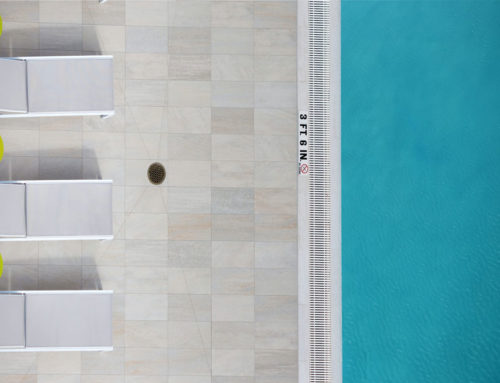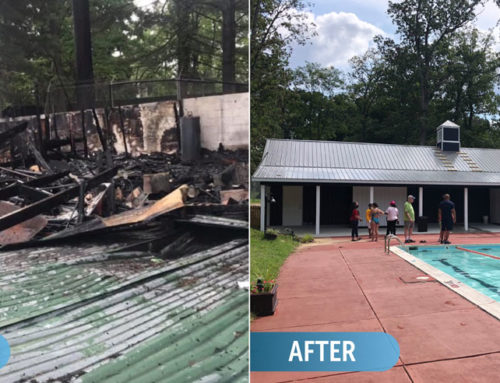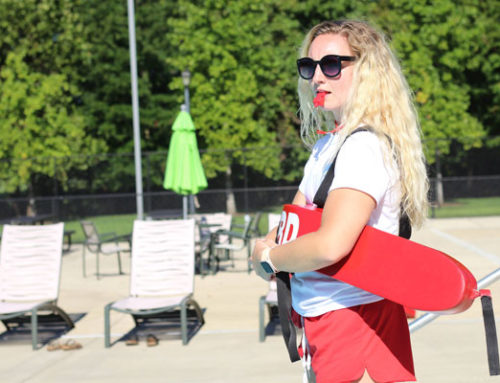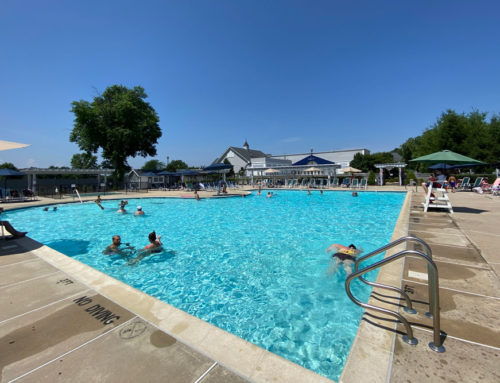When you operate an outdoor pool, you’re at the mercy of the weather. Hot, sunny days are great for swimmers, but in many regions, you never know when Mother Nature will take a turn for the worse. In these cases, it’s up to pool management and the director to decide whether they want to issue rain checks.
Of course, there may be many difficulties in implementing this program. What factors should determine whether rain checks are issued? When do they expire? Can they be used toward something else at the venue? These are all questions that you’ll have to figure out the answers to over time.
Create the best policy
The first hurdle you’ll have to leap is committing to the idea of a rain check policy. The thought of handing out free admission tickets may not be very appealing. The manager at one of the largest waterparks in Denver, Colorado, was hesitant about rain checks for the same reason, according to Aquatics International magazine.
However, he realized that many guests were upset when the park had to close down due to inclement weather. So, he tested out a new rain check program and after some modifications, figured out a system that worked for the park and its guests.
If you’re committed to the idea of rain check tickets but aren’t sure where to start, here are some questions to consider.
1. When should I hand out passes? Any sign of rain will close down your venue, regardless of whether it lasts a half-hour or five. Figure out how much time should pass before the facility offers rain check passes for everyone. After all, handing out tickets would be premature if the rain only lasts for 15 minutes. On the other end of the spectrum, you don’t want to make guests wait too long before handing them out. Doing so could lead to dissatisfied guests.
2. Should the tickets expire? Putting an expiration date on the tickets will ensure that guests don’t wait too long before redeeming them. This can cut back on the number of free admissions that your facility has to honor. On the other hand, if you’re not worried about attendance, you don’t have to let them expire. They’re also opportunities for guests to bring friends, because they themselves will be saving on admission.
3. Who should I listen to? When you first try out the program, avoid firmly establishing the rules until you figure out a system that works well for your facility, its staff and its visitors. Being flexible will ensure that everyone involved is happy with the setup. Speak with staff members and swimmers to assess whether any changes should be made, and if so, whether they’ll affect your venue’s operations. Changes that guests want may not be optimal for your facility. Therefore, working together with all of your venue’s departments will give you valuable insight that’ll guarantee that you can keep guests happy while maintaining your site.






